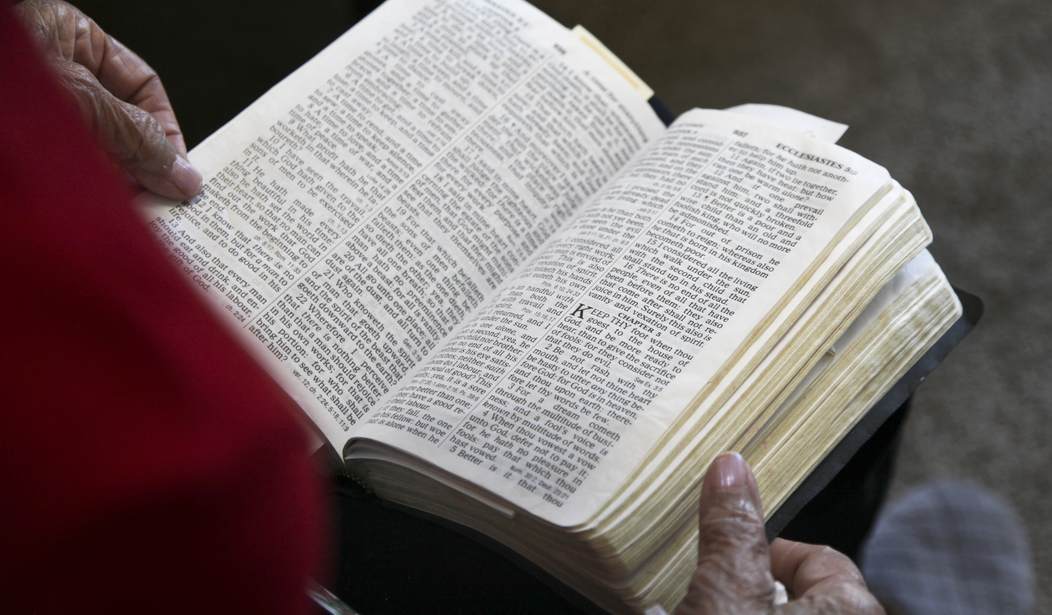Depending on the time of day you are reading this article, you have probably engaged in a certain exchange several times. Perhaps at breakfast someone passed you the cream for your coffee. Later, your spouse offered to run an errand for you while you were at work. Or perhaps someone held a door open for you as you entered a building or complimented you on your appearance.
In each of those situations, and probably countless others, you likely responded with “Thank you!” That phrase is repeated innumerable times each day around the world, more often in some cultures than others. But as much as we say, “Thank you,” we probably don’t say it as often as we should. Thanks, or gratitude, has become one of those things that we somehow neglect to say.
What does not saying, “Thank you,” suggest? It suggests that we are taking blessings and favor for granted. It suggests that we think people are obligated to pass us the cream, run an errand, hold the door, or compliment our appearance. It suggests that we think people are obligated to be nice to us without us being obligated to be nice in return.
And here is an even greater danger: We begin to feel that God is obligated to bless us without us blessing (thanking) Him in return. That is a dangerous mindset to have when it comes to our relationships with other people and with Him.
In fact, let me suggest this: Being ungrateful to others ultimately reflects a lack of gratitude to God. We shouldn’t want to be ungrateful people.
When King David led the leaders of Israel in giving money for the building of the first temple in Jerusalem, he prayed a prayer of thanksgiving after the money was given (1 Chronicles 29:10-19). In that prayer, he said this to God: “But who am I, and who are my people, that we should be able to offer so willingly as this? For all things come from You, and of Your own we have given You.”
Recommended
David recognized God as the source of “all things.” Granted, in that context, David was talking about material wealth—they were giving back to God what He had already given to them. But I don’t think David would have argued with the notion that “all things” could be applied, literally, to all things. From the breath of life in the beginning, to the Spirit who gives us new life, to the eternal life we will experience in heaven—everything we enjoy (and will enjoy) comes from God.
I would go one step further and suggest that every kindness, every grace, every favor we enjoy in this life comes from God Himself. So when a friend or a stranger or a family member extends grace or favor to us, we are thanking God indirectly when we thank them directly. And the opposite is true: When we fail to thank someone directly for a favor bestowed, we are indirectly failing to thank God who is the source of “every good gift and every perfect gift” (James 1:17). When we express gratitude to another person, we are also saying, “Thank You,” to God.
In addition to what gratitude gives to others and to God, gratitude also provides us with many additional gifts as well. This includes:
1) The Gift of Community - By definition, thanks are something we extend to others—whether to God or to other people. Therefore, one way we recognize and acknowledge our relationships (our community) is by saying, “Thank you.” People who say, “Thank you,” are saying to others, “I see you; I acknowledge you and your role in my life; I appreciate what you have done for me.”
2) The Gift of Humility - Saying, “Thank you,” is to admit and acknowledge that someone has done something for you. It’s a way of saying, “I need you”—an act of humility on our part. We like to pretend that we can manage our life on our own, but we know we can’t. We know we need others. Saying, “Thank you,” reminds us of the need for humility.
3) The Gift of Health - Studies abound that demonstrate the health benefits of being grateful and thankful. It’s not that the words “thank you” promote health. Rather, it is the state of mind that is manifested by saying, “Thank you,” that fuels every cell of our body with peace, joy, respect, love, humility, and generosity.
4) The Gift of Giving - Do you want to be appreciated and acknowledged for your contribution to others’ lives? The Bible says we reap what we sow (Galatians 6:7). In order to reap thanks and appreciation, we need to sow (give) thanks and appreciation. It’s like the saying, “To have friends, first be a friend.” To be thanked, be a person who give thanks to others.
The recipe for gratitude is simple. Give thanks to God in prayer; say, “Thank you,” to those who extend grace or favor to you; write thank-you notes; keep a gratitude journal; have a weekly family “Thanksgiving meal” where family members extend thanks to one another; incorporate gratitude—instead of complaints or cynicism—into your daily conversation.
We have no shortage of reasons and opportunities to express gratitude to God and others. So be intentional in your pursuit to become a grateful person. It will benefit your Creator, your loved ones, and even yourself.

























Join the conversation as a VIP Member